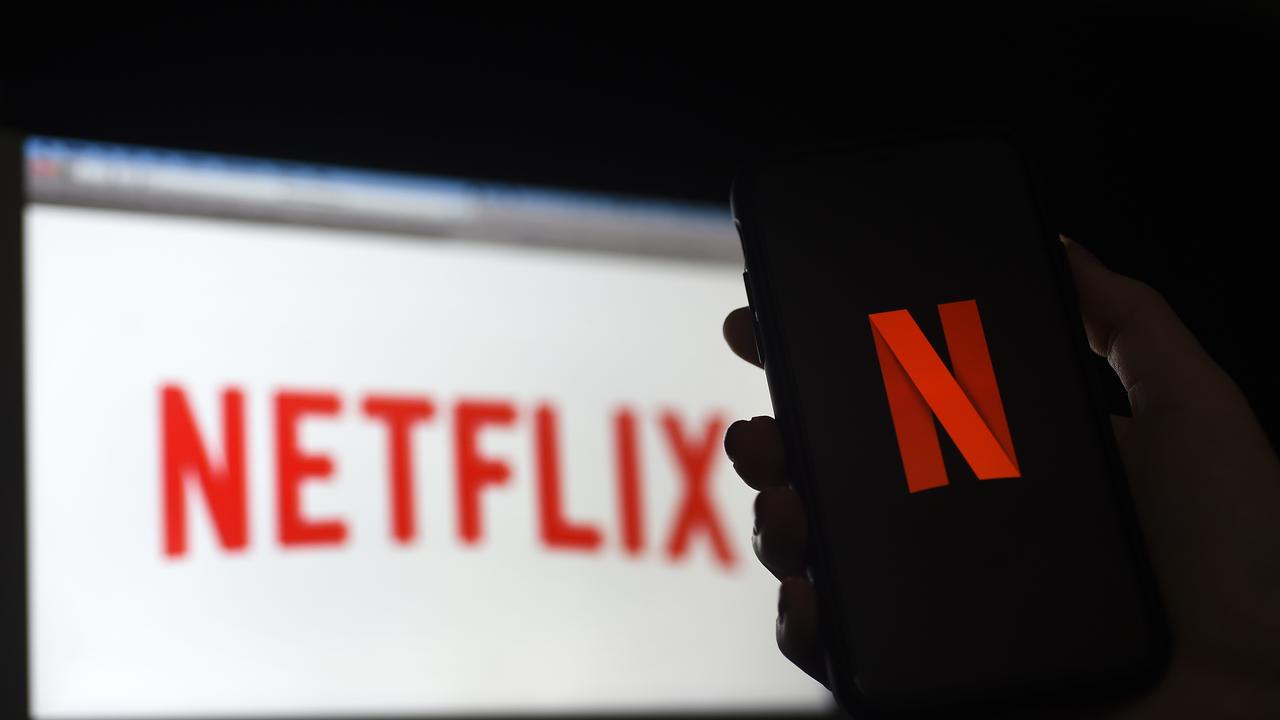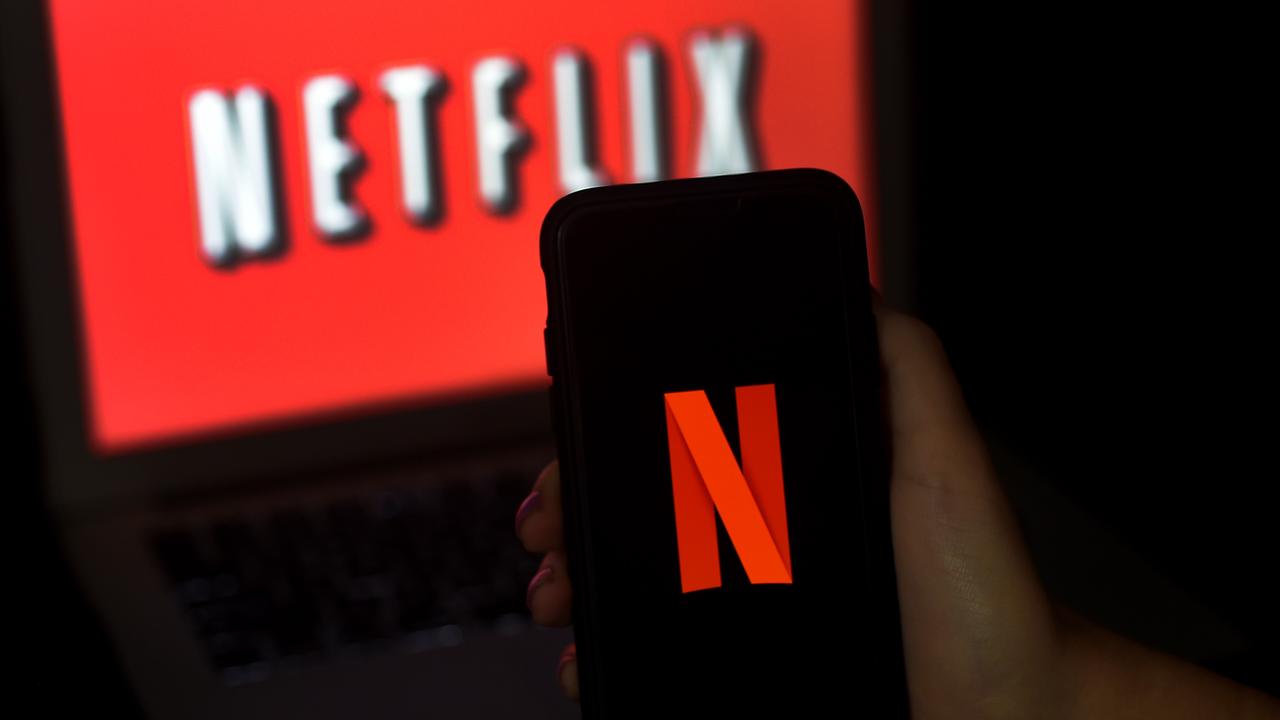Netflix adds 10 million new subscribers amid coronavirus lockdowns
Netflix added more subscribers in the first half of this year than our country has people – and it even deleted some accounts on the way.
Streaming pioneer Netflix added more new subscribers in the first six months of the year than the total population of Australia, but has warned we might be watching the same things for a while.
More than 26 million signed up for a Netflix subscription in the first half of the year – more than Australia’s 25 million population – as the global coronavirus pandemic forced many to stay in their homes, though only around 10 million of those signed on in the past three months.
“We live in uncertain times with restrictions on what we can do socially and many people are turning to entertainment for relaxation, connection, comfort and stimulation,” the company wrote in a quarterly letter to shareholders.

RELATED: How Netflix could get twice as fast
Netflix added that its main priority is restarting productions of original content to keep providing subscribers with “a diverse range of high quality new content”.
The company added that there are “significant differences” in the public health situation across the different countries it operates in and that it will adapt to local circumstances.
Production has resumed in the Asia Pacific region as well as European countries like Germany, France, Spain, Poland, Italy and the UK.
Netflix said that “current infection trends create more uncertainty for our productions in the US” but that production had resumed on two films and two animation projects.
There could be a bit of a content drought coming soon, though.
“Since our content production lead time is long, our 2020 plans for launching original shows and films continue to be largely intact,” the company said.
“For 2021, based on our current plan, we expect the paused productions will lead to a more second half-weighted content.”
RELATED: Why Aussies get a great Netflix deal

RELATED: Netflix opens purse for arts workers
The company reassured shareholders that it will still have more new content next year than it did this year, and remained confident subscribers will stick with it in the face of new competitors facing similar problems.
“The pandemic and pauses in production are impacting our competitors and suppliers similarly. With our large library of thousands of titles and strong recommendations, we believe our member satisfaction will remain high,” the company said.
The company noted that it wasn’t just traditional players like WarnerMedia, Disney and NBCUniversal who were entering the streaming space, but large tech companies like Amazon and Apple were also investing.

It also named the “astounding” growth of under fire viral video app TikTok and said it showed “the fluidity of internet entertainment”, but the company isn’t losing sleep over it.
Instead of worrying about all these competitors, we continue to stick to our strategy of trying to improve our service and content every quarter faster than our peers.
“Our continued strong growth is a testament to this approach and the size of the entertainment market.”
One way Netflix is trying to improve its service is through a “pro-consumer” focus – a radical approach that puts its customers ahead of its bottom line.
The company pointed to its closure of inactive accounts as an example.
“A very small percentage of our members have not watched anything for the last two years and although we make it easy for people to cancel their subscriptions with just a few clicks, they have not taken advantage of that ability,” Netflix said.
“So we decided to stop billing them and will do so for members meeting the same criteria going forward.”

The company added that those members can restart their memberships if they like.
“While this change resulted in a slight hit to revenue, we believe that pro-consumer policies like this are the right thing to do and that the long-term benefits will outweigh the short-term costs.”
Netflix dared its competition to do the same if they want to keep up.
“In a world where consumers have many subscriptions, auto-pause on billing after an extended period of non-use should be how leading services operate,” the company said.



